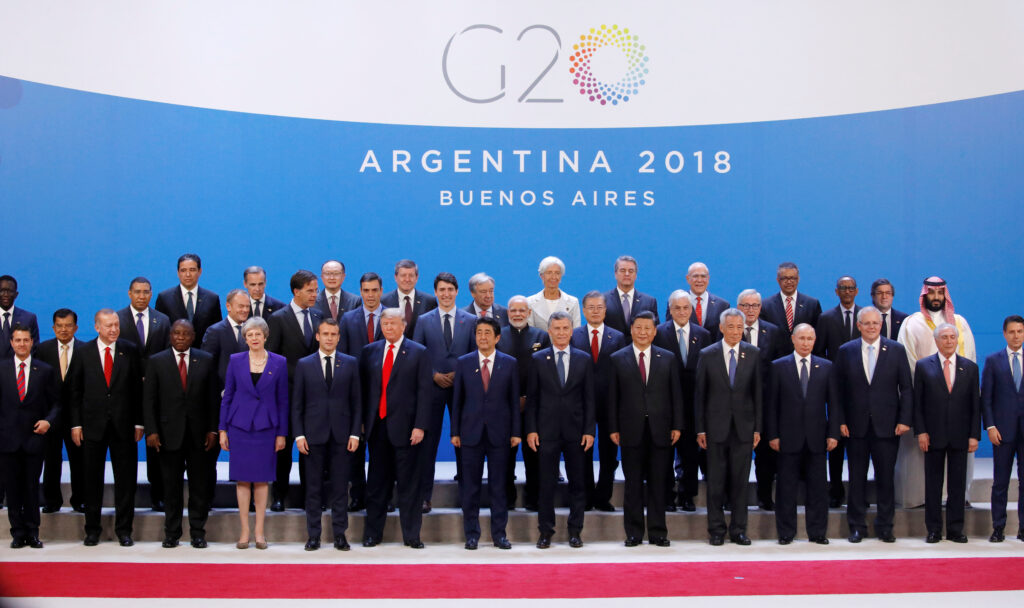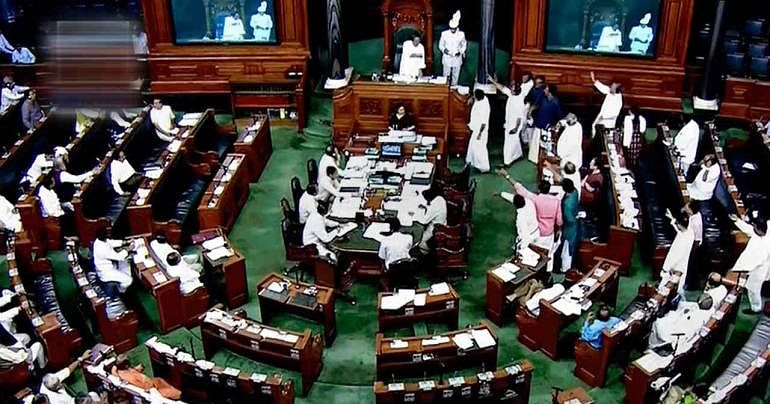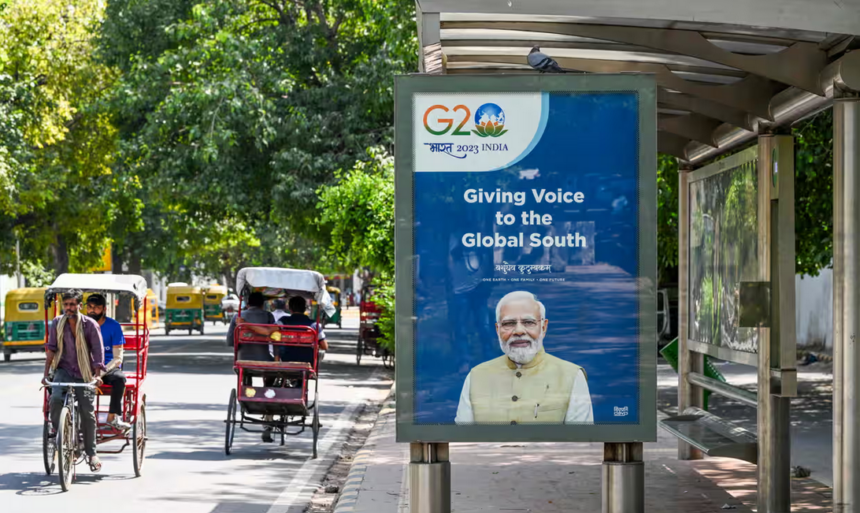Speculation has been swirling in India regarding a potential move to discontinue the official use of the country’s English name, triggered by a state-issued invitation to the G20 summit that referred to India as “Bharat.” Prime Minister Narendra Modi’s government has been actively working to eliminate lingering symbols of British colonialism in India, spanning urban landmarks, political institutions, and historical narratives. However, this potential shift in nomenclature could be one of the most significant changes in this endeavour.
As India prepares to host the G20 summit, world leaders received invitations to a state dinner hosted by the “president of Bharat.” It’s worth noting that Modi frequently refers to India as “Bharat,” a term rooted in ancient Hindu scriptures written in Sanskrit and recognized as one of the country’s two official names according to its constitution. Members of Modi’s Bharatiya Janata Party (BJP), known for their Hindu nationalist stance, have previously advocated against the use of the name “India,” which has historical ties to the West and was imposed during British colonial rule.

In response to these developments, the government has called a special session of parliament later in the month, though it has remained tight-lipped about its legislative agenda. However, there are reports suggesting that unnamed government sources have indicated BJP lawmakers may propose a special resolution to prioritize the name “Bharat.” These rumours have elicited both opposition and enthusiastic support from various quarters.
I hope the government will not be so foolish as to completely dispense with ‘India’. We should continue to use both words rather than relinquish our claim to a name redolent of history, a name that is recognised around the world.
Shashi Tharoor, of the opposition Congress party, said on X
Virender Sehwag, a former Test cricketer, expressed his support for the potential name change and urged India’s cricket board to adopt “Bharat” on team uniforms. He emphasized that “India” was a name bestowed by the British and underscored the long-overdue nature of reclaiming their original name, “Bharat.”

Over the years, Indian governments of varying political orientations have aimed to eliminate remnants of the British colonial era by renaming roads and even entire cities. This effort has gained momentum under Prime Minister Modi’s leadership, who has consistently emphasized the necessity for India to shed vestiges of a “colonial mindset.” His administration embarked on a renovation project for the parliamentary precinct in New Delhi, which was initially designed by the British, with the intention of replacing colonial-era structures.
Furthermore, the government recently unveiled plans to comprehensively revamp India’s pre-independence criminal code by eliminating references to the British monarchy and what Home Minister Amit Shah termed “other symbols of our subjugation.” Additionally, Modi’s government has taken steps to replace Islamic place names, which were introduced during the Mughal empire preceding British rule, a move that critics argue reflects a desire to assert the dominance of India’s Hindu majority religion.








